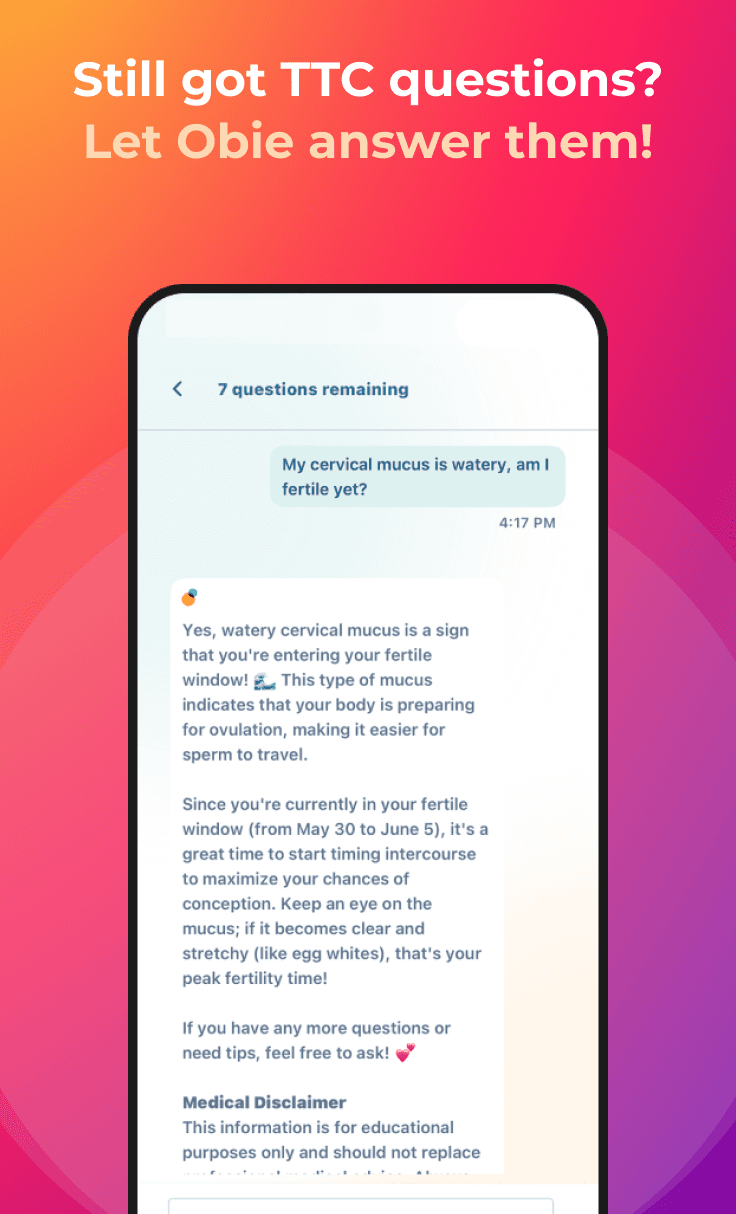The Impact of Advanced Maternal Age on Pregnancy Outcomes
Obie Editorial Team

Deciding to start or expand your family later in life is increasingly common — and while many women successfully conceive and deliver healthy babies in their late 30s and 40s, it’s important to be aware of the potential risks and how to mitigate them.
How Does Age Affect Pregnancy Outcomes?
As maternal age increases, the likelihood of certain pregnancy risks rises. This is largely due to declining egg quality, changes in uterine function, and a higher risk of preexisting health conditions.
Common Risks of Advanced Maternal Age
- Miscarriage: Older eggs are more prone to chromosomal abnormalities, which can increase the chance of miscarriage.
- Preterm Birth: Women over 35 have a higher likelihood of delivering prematurely, which may require additional medical care for the baby.
- Gestational Diabetes and Hypertension: These conditions are more common in older mothers and may require closer monitoring during pregnancy.
- Cesarean Delivery: Advanced maternal age is linked to an increased chance of requiring a C-section.
What Can You Do to Improve Outcomes?
Fortunately, there are proactive steps you can take to reduce these risks and improve your chances of a healthy pregnancy:
- Early Prenatal Care: Start prenatal visits as soon as you know you’re pregnant to monitor your health closely.
- Lifestyle Choices: Maintain a healthy weight, follow a balanced diet, and exercise regularly to support overall well-being.
- Manage Chronic Conditions: If you have preexisting conditions such as diabetes or hypertension, work with your healthcare provider to keep them controlled before and during pregnancy.
- Genetic Counseling: Consider speaking to a genetic counselor if you're concerned about chromosomal risks or family history.
Emotional Support Matters
It’s normal to feel anxious about the risks associated with later pregnancies. Open conversations with your healthcare team, as well as connecting with other women who have been in similar situations, can help you feel informed and empowered.
While there are increased risks associated with advanced maternal age, proactive care and lifestyle choices can significantly improve outcomes. Staying informed and working closely with your healthcare provider can help you navigate this journey confidently.
Source:
Lean, S. C., Derricott, H., Jones, R. L., & Heazell, A. E. P. (2017). Advanced maternal age and adverse pregnancy outcomes: A systematic review and meta-analysis. PLOS ONE, 12(10), e0186287.








